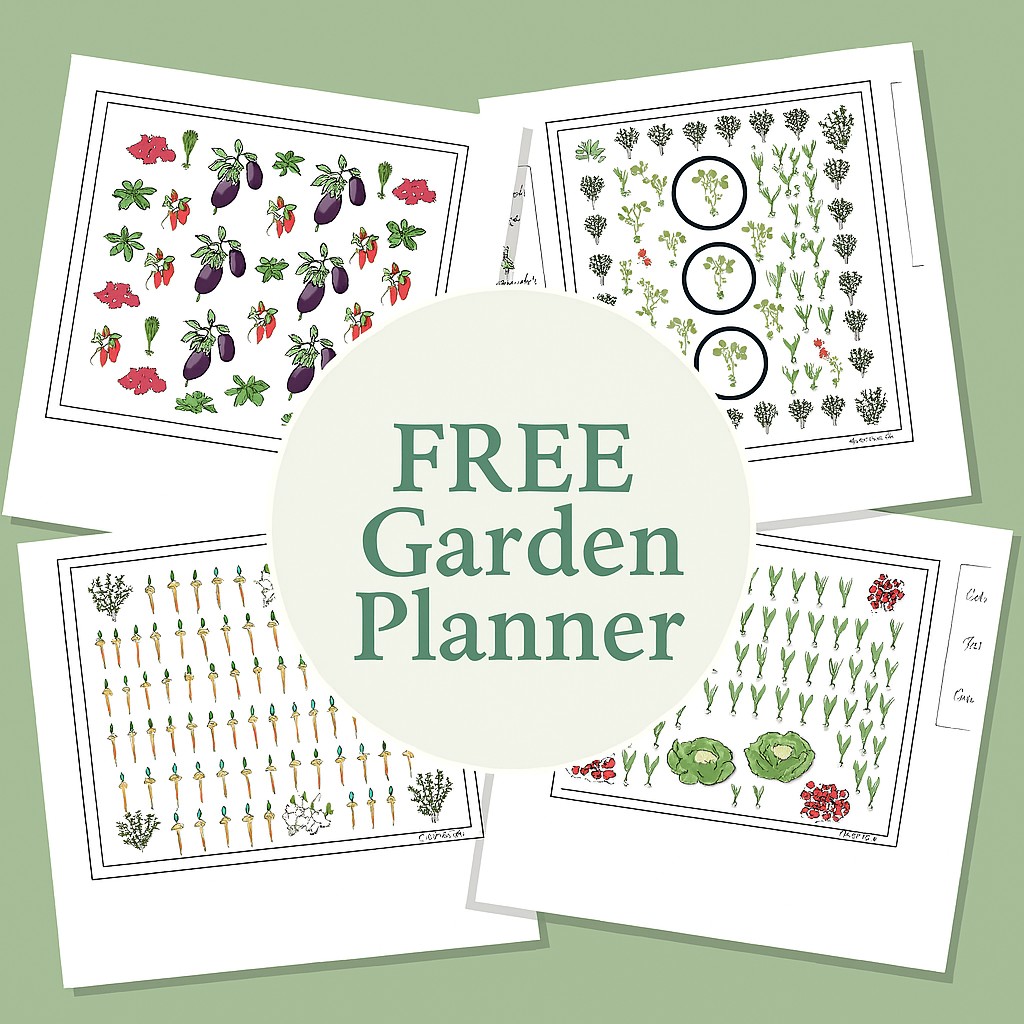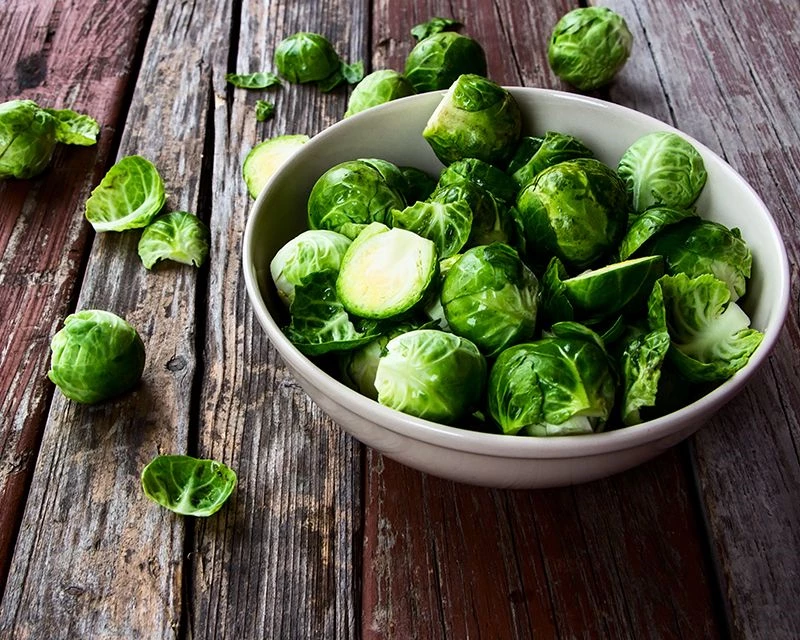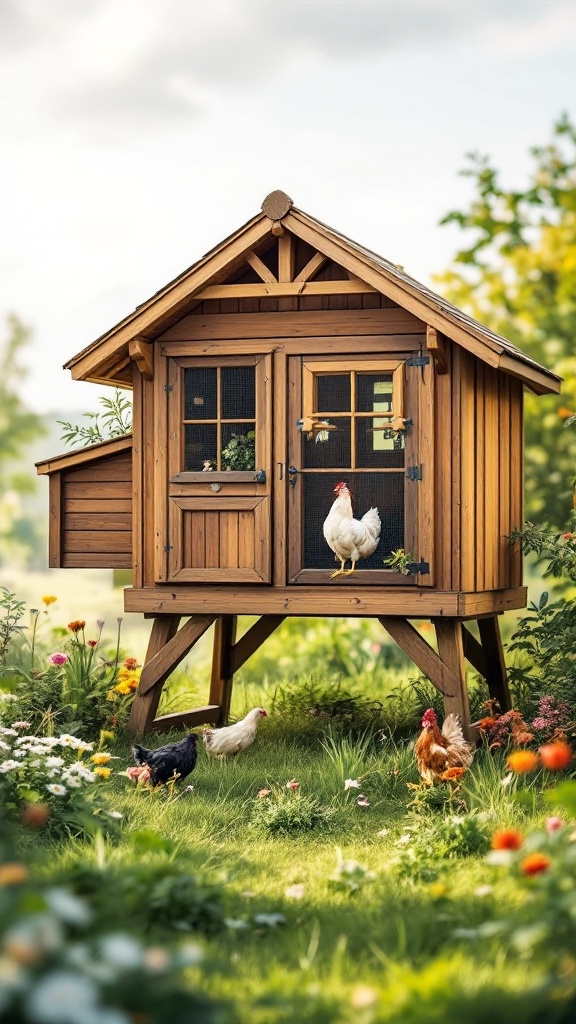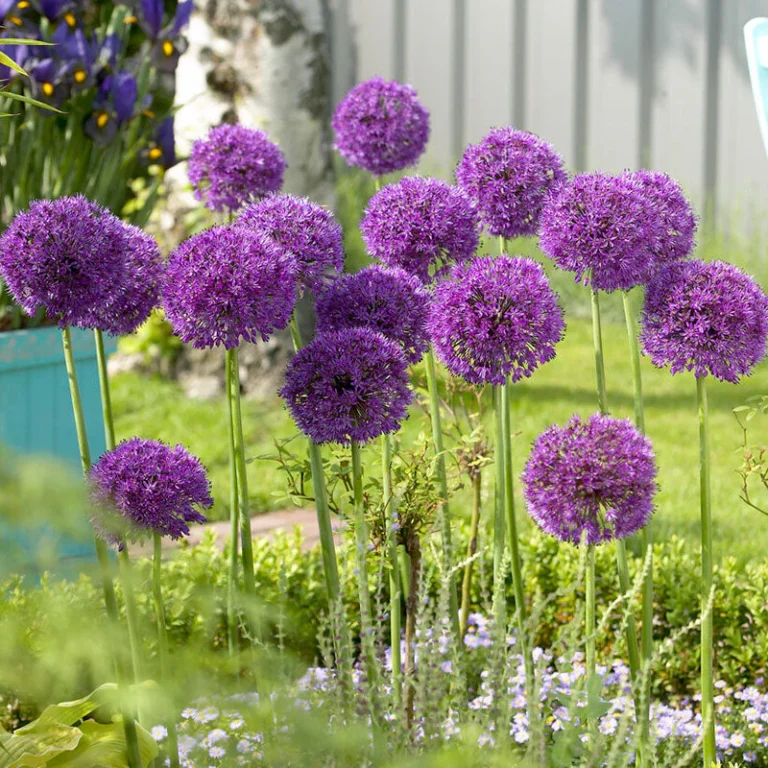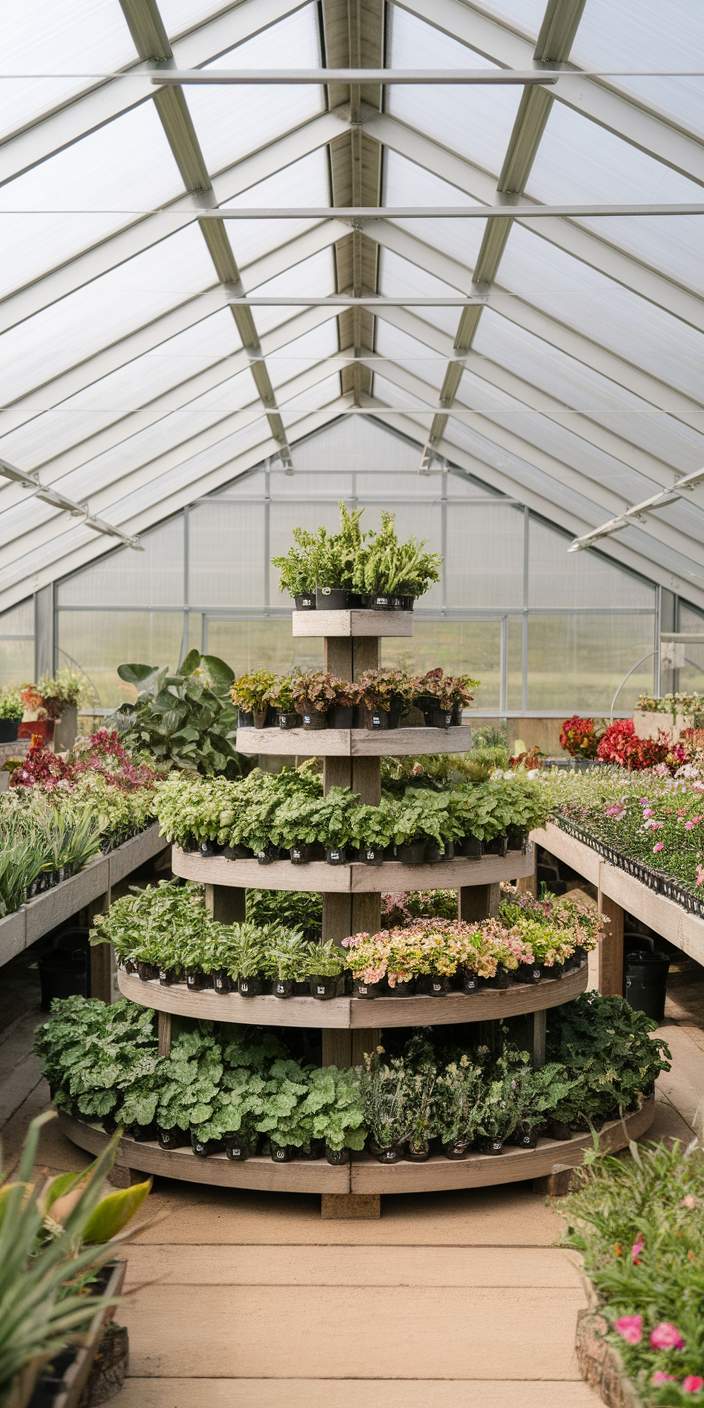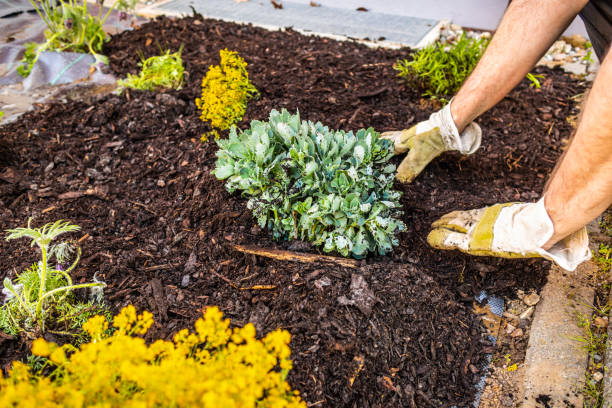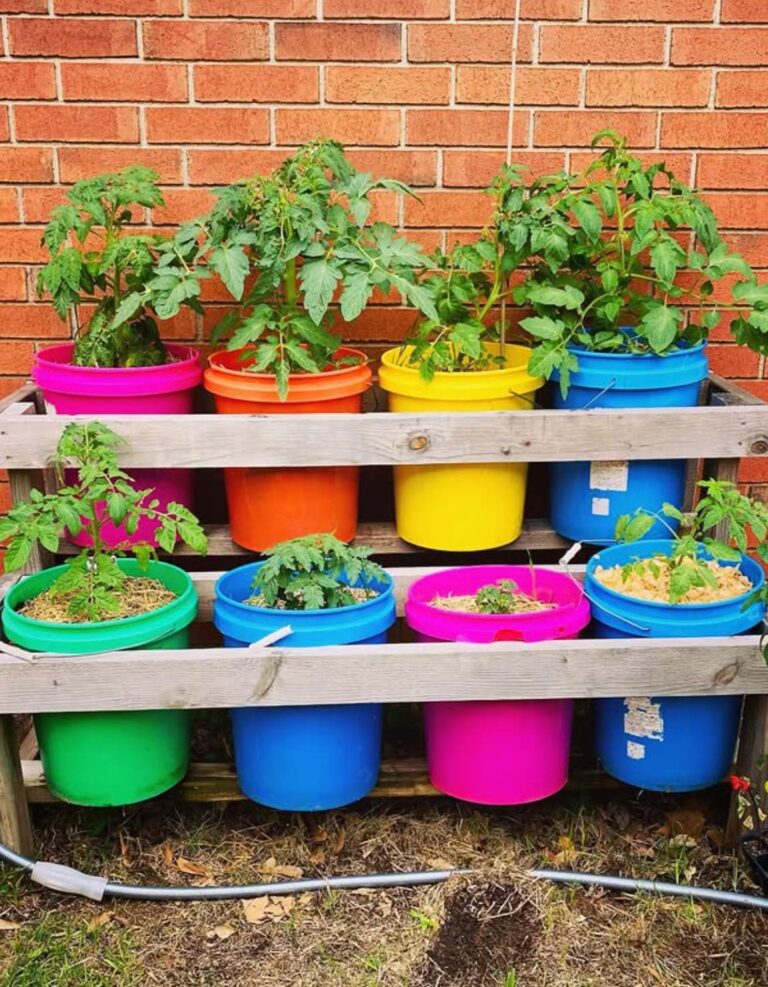Growing Brussels Sprouts: A Simple Guide
Have you ever had a Brussels sprout so fresh that it changed your mind about this little veggie? Growing Brussels sprouts at home is more than just getting fresh food—it’s about the journey, small victories, and learning to take care of a plant from start to finish.
If you’re ready to try it, let me share my experience growing these tiny cabbage-like wonders, along with some helpful tips.
Why Grow Brussels Sprouts?
I used to not like Brussels sprouts because I only knew them as the bland, overcooked ones served during holiday dinners. But when I started gardening, I decided to give them another chance—this time, fresh from my own garden. And let me tell you, the difference was amazing.
Homegrown Brussels sprouts are sweeter and more tender than store-bought ones. Plus, watching those little sprouts grow along the stalk is really special, like seeing tiny green treasures appear.
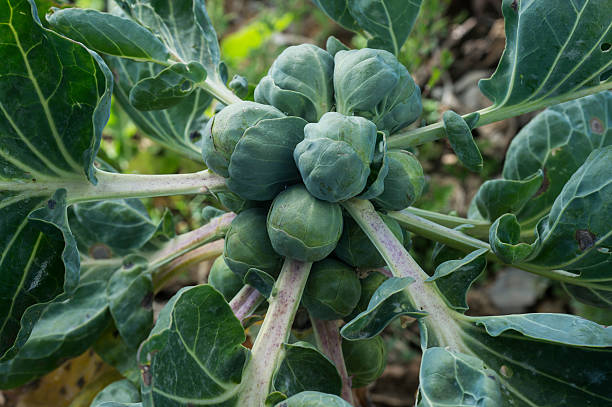
Picking the Right Time to Plant
Brussels sprouts grow best in cool weather, so timing is important. I learned that planting too late means the plants struggle in the heat. You need to start them early enough so they have time to grow before it gets too hot.
Depending on where you live, this could mean starting seeds indoors in late winter or planting young plants in early spring or late summer for a fall harvest. For me, planting in late summer worked best because I could harvest right before the first frost, which made the sprouts taste even better.
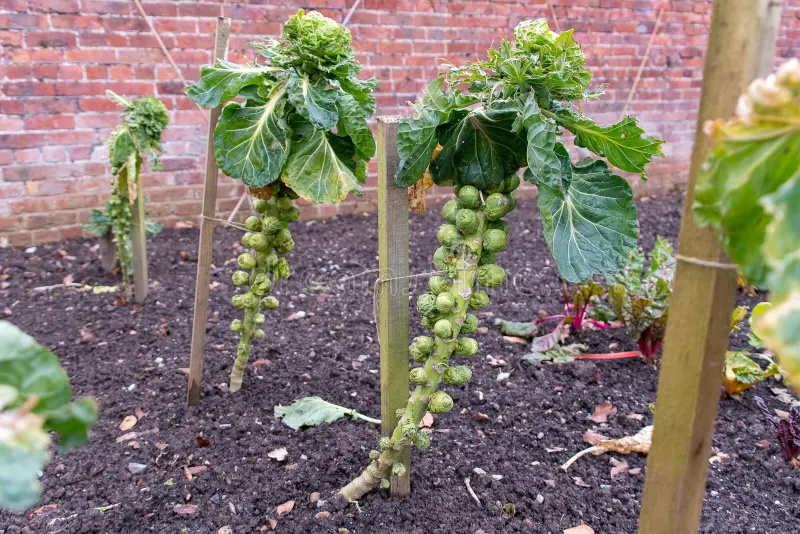
Choosing the Right Spot
Brussels sprouts need a lot of sunlight, so I made sure to plant them in a sunny spot. They need at least six hours of direct sunlight each day. I also spaced them out about 18-24 inches apart so each plant had room to grow.
It might seem like a lot of space, but Brussels sprout plants get pretty big, and if they are too close together, they won’t grow well. I remember trying to fit in extra plants once, and it didn’t work out because they ended up competing for light.
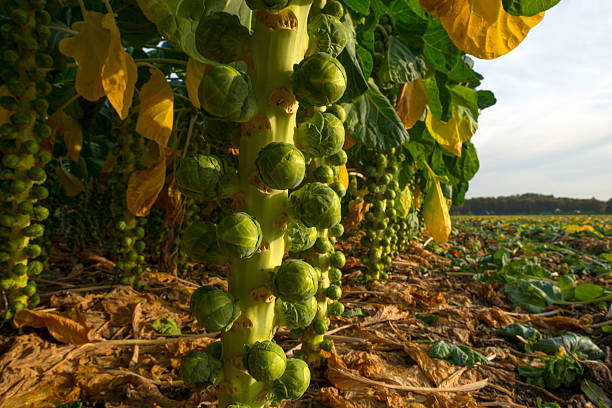
Caring for Your Plants
Brussels sprouts take time to grow, so you need to be patient. They grow slowly, and it can be discouraging at first, but it’s worth it in the end. Keep the soil moist but not too wet. I found that adding a layer of mulch helped keep the soil cool and kept moisture in.
Brussels sprouts also need a lot of nutrients, so I added compost and fertilizer throughout the growing season. It took some trial and error, but I eventually found what worked. Seeing those sprouts start to form was such a rewarding moment.

Handling Pests and Problems
Like most gardening projects, growing Brussels sprouts comes with challenges. I had to deal with pests like cabbage worms and aphids. At first, it was frustrating to see holes in the leaves, but I learned to use natural pest control methods like neem oil and picking off the bugs by hand.
Sometimes, I’d go out early in the morning with my coffee and spend a few peaceful minutes checking on my plants and removing pests. It might sound like a chore, but it actually became a relaxing routine for me.
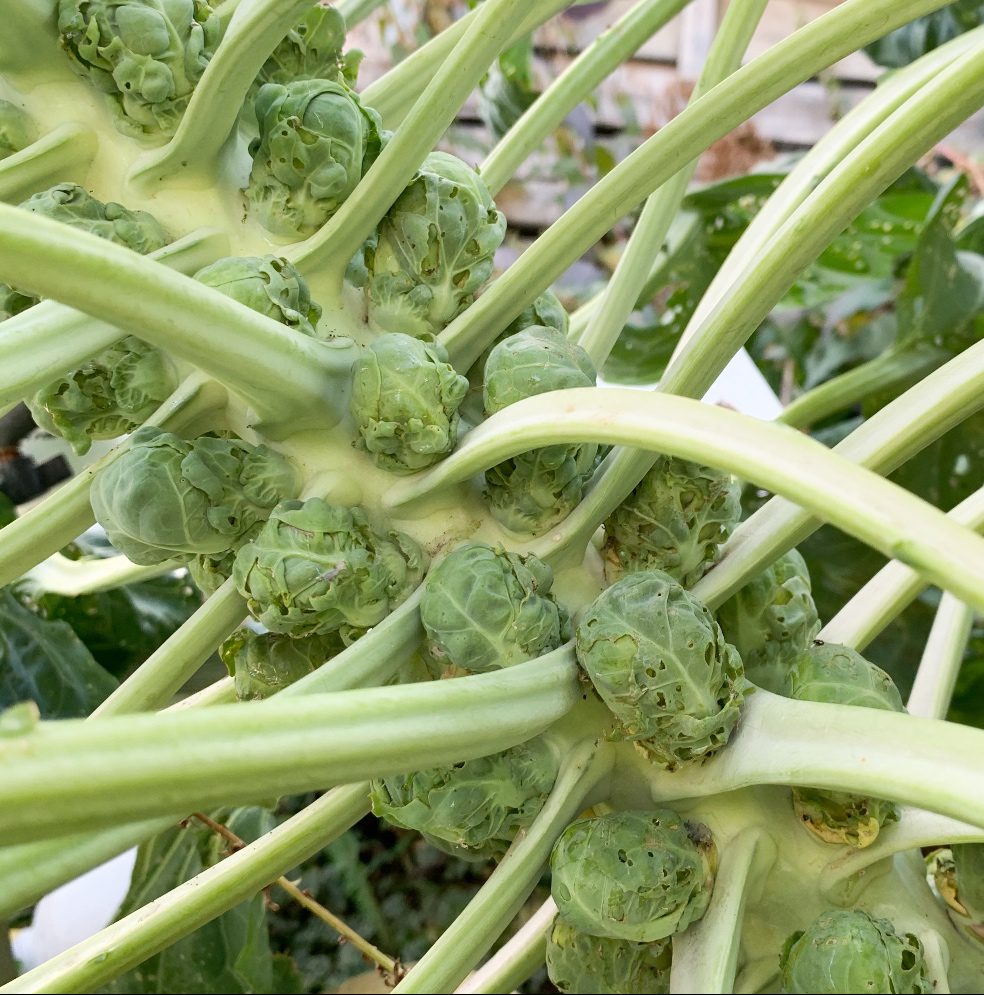
Harvesting the Sprouts
The day I harvested my first Brussels sprouts was a small but memorable victory. You should start picking them from the bottom of the stalk upwards once they’re about an inch in size.
I found that waiting until after the first frost made them taste even sweeter—the cold really brings out their best flavor. There’s nothing like cooking Brussels sprouts that you grew yourself. I cooked mine with a little olive oil, garlic, and salt, and they were some of the best I’ve ever had.
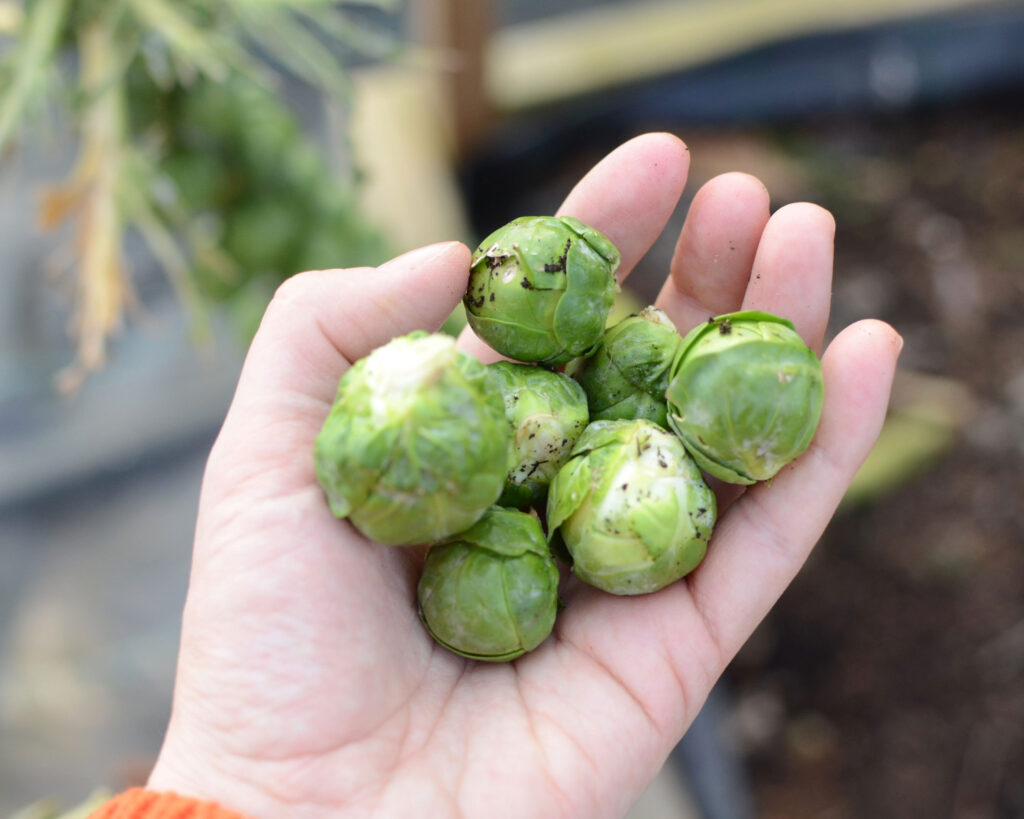
Final Thoughts
Growing Brussels sprouts takes patience, but it’s also very rewarding. From planting the seeds to dealing with pests to finally picking those perfect little sprouts, every part of the process brought me joy and made me feel connected to the earth.
If you’re thinking about trying it, I say go for it. Even if you didn’t like Brussels sprouts before, growing them yourself might change your mind. And even if it doesn’t, you’ll still learn a lot and gain a new appreciation for these little green veggies that take their time but give so much in return.
